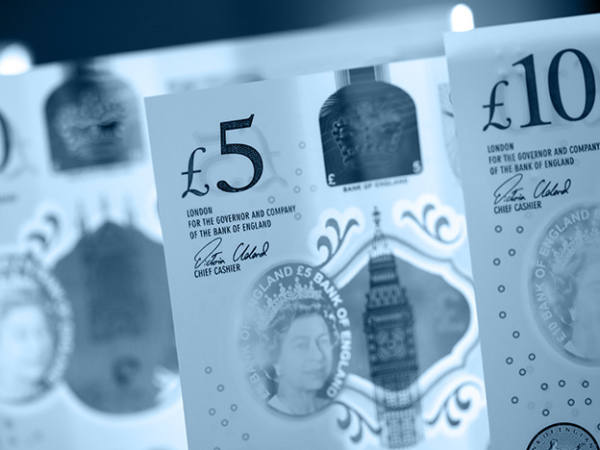- Risk for individual shares can be broken down to four main characteristics
- UK companies this week: RELX, Moneysupermarket.com, British American Tobacco and Mitchells & Butlers
- US companies this week: Pepsico and Walt Disney
Financial theory tells us that to make more money we have to take more risk. But, some of the best long-term investors have succeeded by taking less risk. Some by buying very good and resilient growth businesses at reasonable prices and some place more emphasis on controlling risk through the price they pay for shares.
My Twitter feed is regularly populated with posts from private investors telling their followers about how much money they have made. There’s nothing wrong with this but I never see anyone ask them one very important question: "How much risk did you take to make that money?"
Risk is often misunderstood by investors. It has nothing to do with the historic volatility (how much a share price has moved up and down) but essentially boils down to the following main factors:
- The business risk of the company behind the shares. Is it a good business with fine prospects or does its fortunes move in line with the economy? Businesses with proven profit resilience in recessions are less risky. Those with high fixed costs and high operating leverage can see profits destroyed in a recession.
- The amount of debt in the business. Financial leverage can kill shareholders in a downturn.
- The valuation of the shares. High valuations are more risky because the expectations of future profits are higher.
- The liquidity of the shares. Shares with lower daily trading volume can be easy to buy but very difficult to sell in a hurry on bad news.
Smart investing is when investors exploit a favourable risk to reward trade off - where the valuation of the business does not reflect the potential upside of profit growth whilst the risk of losing money is low. There are many ways to do this from buying cheap shares or the shares of good businesses that can compound in value over time.
Download PDF








